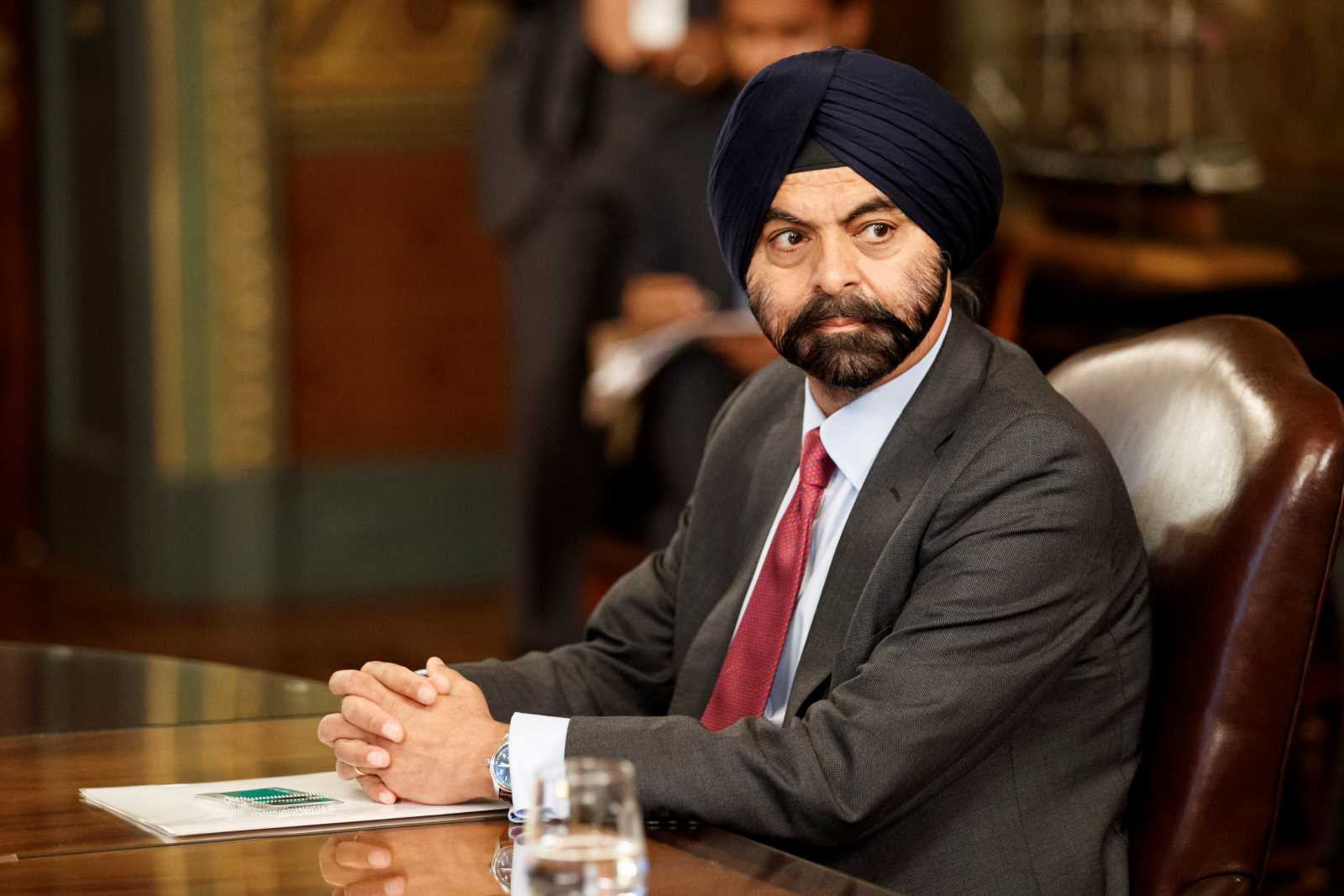Macroeconomics
Keynesianism – then and now

Put very simply, the dynamic is otherwise that the recession forces private-sector companies and households to cut spending since their own revenues and incomes keep dwindling. If everyone reduces spending at the same time, however, incomes keep falling. The lack of demand for goods and services stalls economic activity.
Governments can stop the downward spiral with deficit spending, as Keynes pointed out. If they use this opportunity to build necessary infrastructure and expand public services, moreover, they will improve their nation’s long-term outlook.
Today, free-market radicals consider Keynes a leftist, because he insisted that governments have an important role to play in economic life. The truth, however, is that he did not want to overcome capitalism. His theory actually helped to rescue it.
The influence of Keynesianism
Keynes proved to be very influential. For decades, western governments assumed a strong role in economic life, and that helped them prevail in the competition with the Soviet bloc. Keynes emphasised international cooperation. One reason was that exports can compensate demand shortfalls in one country if other countries buy its goods. It thus made sense for national governments to coordinate their economic policies with one another. Multilateral institutions – in particular the World Bank and the International Monetary Fund (IMF), which were established in 1944 (see main story) – were supposed to serve that purpose. For several reasons, however, market orthodoxy was gaining strength again by the mid-1970s.
One was that it proved much more difficult to bring about development in former colonies with Keynesian concepts than to facilitate fast reconstruction in post-war Europe. Many developing countries became over-indebted. Another reason was that conservative economists began to blame inflation and unemployment on excessive government action. Leaders like Margaret Thatcher in Britain and Ronald Reagan in the USA promised they would liberate market forces and reduce the role of the state. Multilateral institutions followed suit.
Keynesianism never completely disappeared
However, Keynesianism never died completely. Starting with Reagan, even conservative US leaders have had a pattern of relying on deficit spending to stimulate the economy when they needed to. They did, however, resent the kind of public services Keynes recommended.
Nonetheless, the World Bank and the IMF have been gradually returning to Keynesian ideas and backing off from market orthodoxy. One relevant step was multilateral debt relief around the turn of the millennium, when it became obvious that many least-developed countries were plainly overburdened with debt (see Jürgen Zattler in D+C/E+Z e-Paper 2018/08, Focus section). To boost development, domestic spending on poverty alleviation was considered more important than repaying excessive debts owed to bilateral and multilateral agencies.
Keynesian economics today
After the Great Recession that started in 2008 with the collapse of the investment bank Lehman Brothers, the IMF accelerated its paradigm shift. Keynesian ideas indeed fit the needs of our time. In a sluggish economy with far too little investment, it certainly makes sense for governments to take indispensable climate action or tackle worsening global poverty (see review of World Bank report in focus section of D+C/E+Z e-Paper 2020/10) – even if that means increasing their debt. According to the IMF, there actually is no alternative in the current global setting.












